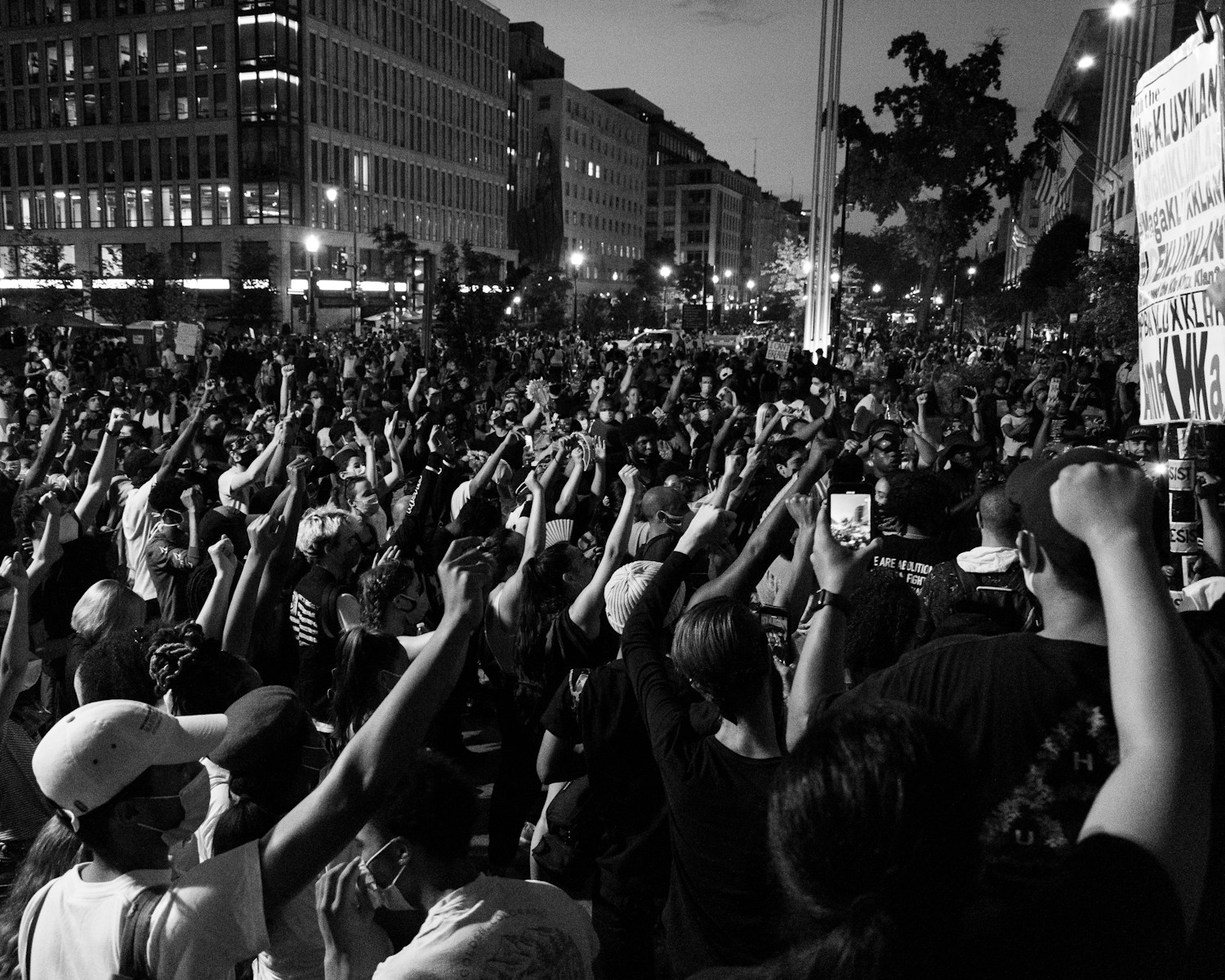Key Takeaways:
- ICE agents attempted to make an arrest in an upscale Rochester neighborhood.
- About 200 people formed a crowd and slashed the tires of a Border Patrol vehicle.
- The only person taken into custody was a roofer known as “Chino,” who had legal work status.
- Local contractors and immigration experts criticized the force used and praised residents’ response.
Rochester Protest Erupts Over ICE Arrest
Immigration agents arrived early in a quiet, tree-lined street in Rochester. They planned to arrest a person they suspected of violating immigration laws. However, neighbors quickly spotted them. Within minutes, about 200 people gathered around the agents. They chanted “shame” and compared the officers to a notorious secret police. Then, they slashed the tires of a federal vehicle. The crowd praised each other as they watched the SUV drive away on four flat tires.
How Did the Rochester Protest Unfold?
First, a team of ICE officers and Border Patrol agents walked toward a rental house on Westminster Road. They wanted to arrest one person who worked on the roof. Meanwhile, locals in nearby homes saw unmarked vans and SUVs. They stepped outside with their phones. Instantly, word spread through Park Avenue. Next, a sizeable crowd rushed in. They surrounded the agents. Someone in the group grabbed a utility knife and punctured each tire on the Border Patrol SUV. Other protesters shouted as agents tried to leave. Eventually, the officers drove away slowly with flat tires.
During the chaos, the agents arrested only one person. They left three other workers on the rooftop. All of them remained free. Protesters cheered when the agents drove off. Some yelled “Gestapo.” Others held up signs in support of immigrants. After the agents left, neighbors cleared the street. They spoke with each other about what had just happened. Finally, the crowd dispersed peacefully.
Who Is “Chino” and Why Did Neighbors Rally?
The arrested worker goes by the name “Chino.” Clayton Baker, a local roofing contractor, said he hired Chino five years ago. Baker emphasized that Chino has lived in the United States for 25 years. Moreover, he holds legal work authorization. He always paid his taxes and never broke traffic laws. Baker described him as a family man who goes to church every Sunday. Chino also has a baby on the way.
Baker was furious. He called the arrest “inhumane” and “sad.” He knew the agents targeted the only worker they could reach. Meanwhile, three others remained untouched on the rooftop. Baker and other neighbors felt the immigration action made no sense. Therefore, they joined the Rochester protest to demand fairness and respect for long-time residents.
What Experts Say About the Rochester Protest
Many immigration advocates watched the scene unfold. Aaron Reichlin-Melnick, a senior fellow at an immigration think tank, spoke on social media. He said he was stunned by how boldly locals confronted federal agents. He noted that slashing the tires of a Border Patrol vehicle is a serious offense. Yet, the crowd seemed to accept that risk. They cheered the act. According to Reichlin-Melnick, such behavior shows deep anger at immigration enforcement.
Furthermore, he said this incident highlights growing tension between communities and ICE. People everywhere are watching how immigration policies affect everyday lives. Therefore, local protests can turn heated when families feel targeted. This Rochester protest made headlines because it took place in a wealthy neighborhood. Observers said that choice sent a clear message: no place is off-limits when basic rights feel threatened.
Legal Risks and What Comes Next
Slashing federal vehicle tires carries stiff penalties under federal law. Anyone caught cutting or damaging government property could face fines and prison time. However, in the Rochester protest, no arrests were reported for the tire slashing. Local police arrived after the agents left. They spoke to the homeowner and neighbors. But they did not detain anyone else.
For Chino, the legal battle is just beginning. His status and work authorization could protect him. Yet, he still faces possible detention hearings. His contractor, Clayton Baker, plans to hire legal help. He hopes to reunite Chino with his family. Meanwhile, the community has rallied around the arrested roofer. They have started online fundraisers and written letters to local leaders.
Also, city officials have faced questions. Some wonder whether local police should step in faster when protests target federal agents. Others ask if the community’s anger points to deeper immigration policy issues. Therefore, city leaders may hold public meetings to address concerns. They want to calm fears and find solutions.
Why the Rochester Protest Matters
This protest matters for several reasons. First, it shows how strongly some communities oppose certain immigration tactics. Second, it highlights the role of local solidarity. Neighbors united to defend someone they saw as a good citizen. Finally, it reminds us that immigration debates affect everyday workers and families.
In the end, the Rochester protest against ICE did more than disrupt an arrest. It sparked a broader discussion on community, law enforcement, and fairness. People in other cities are watching closely. They may soon face similar challenges. Therefore, the lessons from Rochester could shape future actions and responses across the country.
Frequently Asked Questions
What triggered the Rochester protest?
Residents saw ICE and Border Patrol agents approach a house. They thought the agents targeted a long-time, legal worker. As a result, about 200 people formed a crowd and expressed their anger.
Who was arrested during the incident?
A roofer known as “Chino” was taken into custody. His contractor said Chino has lived in the U.S. for 25 years and had legal work authorization.
Is slashing federal vehicle tires a crime?
Yes. Damaging federal property, including government vehicles, is a federal offense. Penalties can include fines and prison time.
What might happen next after the protest?
Local officials may hold community meetings to address tensions. Chino could fight his case in immigration court. Neighbors may continue to support him.
